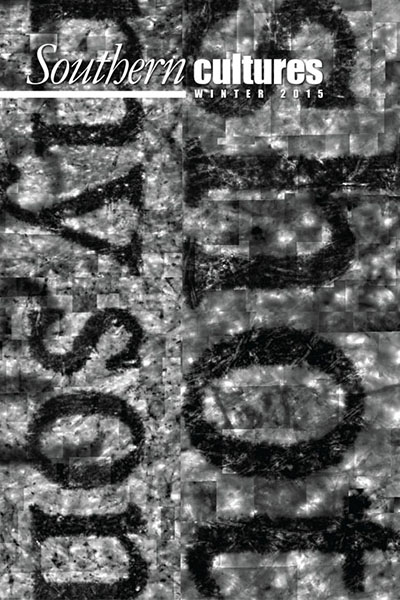“[B]y emphasizing military conflict over political debate, by privileging valor over ideology, and by accentuating white heroism over black activism, the Foote–Burns interpretation of the Civil War gave PBS’s mainstream American audience something to feel good about.”
This year marks the twenty-fifth anniversary of filmmaker Ken Burns’s PBS television series on the American Civil War. In 1990, thirty-nine million viewers tuned in to Burns’s eleven-hour documentary, prompting historian Stephen Ambrose to joke that “more Americans get their history from Ken Burns than from any other source.” Although monumental in its own right, the series became, for many Americans, their first introduction to southern writer Shelby Foote. From the book-lined study in his home in Memphis, Tennessee, Foote offered a series of memorable insights into the human side of America’s defining conflict. All told, Foote made eighty-nine appearances in Burns’s program—far more than any other expert—and became an overnight sensation. Foote’s stardom allowed his interpretation to permeate the popular mind.


